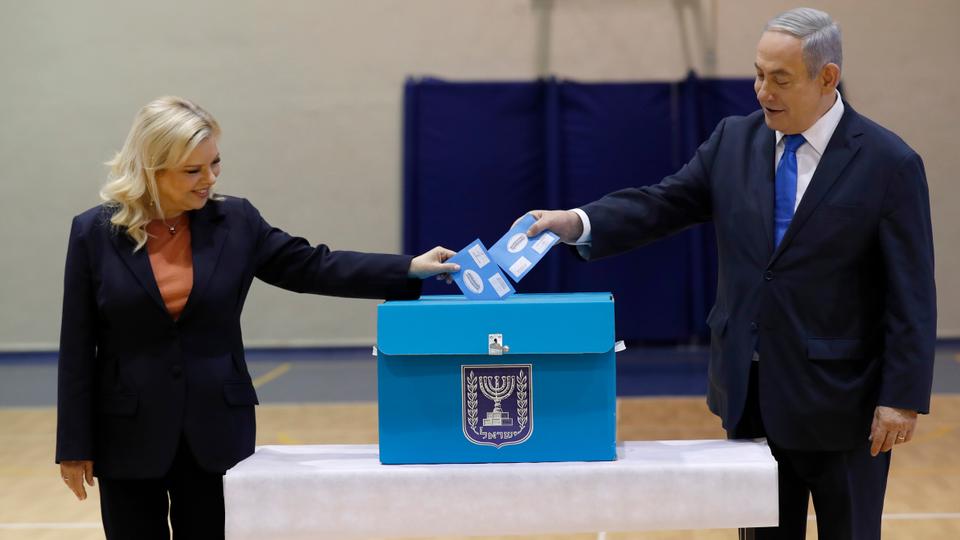The looming election in Israel, fifth in four years, seems less promising than ever for Israeli people.
Another downfall of the Israeli administration has transpired. The nation’s fifth election in less than four years will now take place in a few months as the procedure to dissolve the Knesset has been completed.
The latest development in Tel Aviv has prompted questions about the drawbacks in the Israeli electoral system and the unpredictability of governance in Israel in recent years. Due to Israel’s proportional representation system, voters choose parties rather than specific candidates, with the number of votes a party receives determining the share of seats it will have in the parliament.
To create a government, 61 MPs are required, which is too many for any side to secure in practice, necessitating the formation of coalitions combining many parties.
The recent move by the leaders of the current Israeli coalition administration, declaring that they would attempt to dissolve the Parliament of Israel and call for elections was not surprising for observers. Eight parties from across Israel’s political spectrum made up the coalition.
The coalition of opposites lost its power when some key members announced their withdrawal. There is now an issue that prevents stable coalition governments from entering power.
Despite the majority of the Knesset being right-wing following the legislative elections in April 2019, Benjamin Netanyahu was unable to form a government, and the Knesset disbanded itself. In October 2019, there was still no government after a second election, and the Parliament again disbanded.
A third election came in five months, with Netanyahu and Benny Gantz succeeding to create a unity government. The fresh coalition, however, could only manage to survive for nine months. The next election brought about the most astonishing alliance which ruled no more than a year.
Israeli election deadlock
According to analysts, Netanyahu is the main cause of the current instability in the political structure of Israel. Since three years ago, the situation has become absurd due to an all-group hostility toward former prime minister.
Netanyahu had held the office for 15 years in Israel, ending it with an incessant 12-year rule. 2019 saw Netanyahu lose some Likud supporters as well as several right-wing political organizations. It happened after he was accused of lying, betraying trust, and accepting bribes in three separate corruption investigations.
In addition, his political maneuvering alienated some of his serious right-wing political allies because his purported “magic tricks” were performed at their cost. Some of them are now refusing to join him in forming a coalition.
Bennett and Lapid took advantage of Netanyahu’s difficulties to do the impossible. The two joined forces to establish a coalition that comprised the right and left-leaning parties in Israel as well as an Islamist group that represented Israeli citizens of Palestinian descent.
Since the West Bank and Gaza Strip were conquered in 1967, Israeli political parties have generally been defined by a single fundamental theme. The two groups were split by whether one group supported the continuation of Israel’s military invasion of the Palestinian people or desired coexistence with a Palestinian state.
But it seems as though those ideological differences could only be ignored for so long. The last straw ultimately came from the failure to enact a routine measure extending Israeli law to Jewish residents in the West Bank.
Recent developments indicated that the political dynamics in Israel is guided by the personal benefits over partisan or national interest. Netanyahu stood against his own principles to feed his thirst for power. The election deadlock will remain as long as personal and structural corruption prevails.








